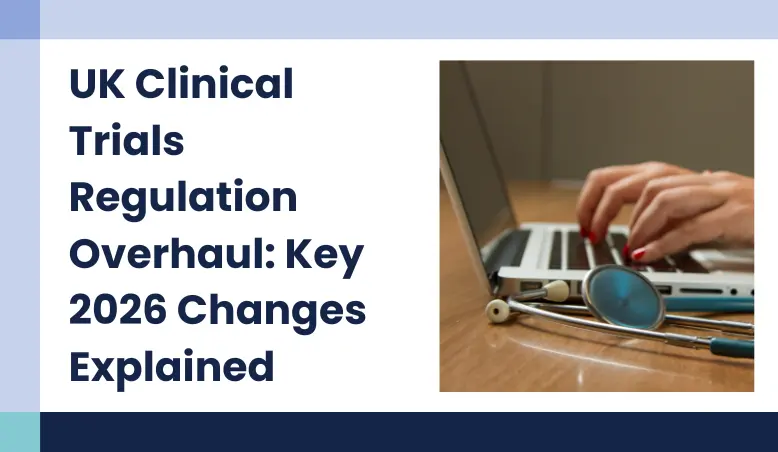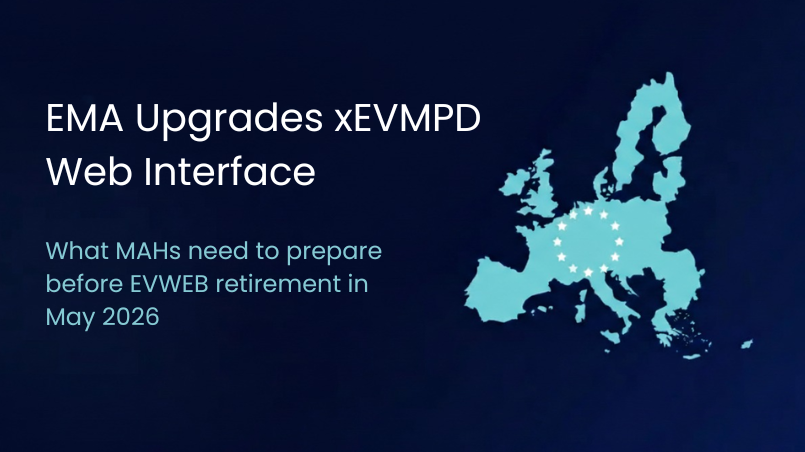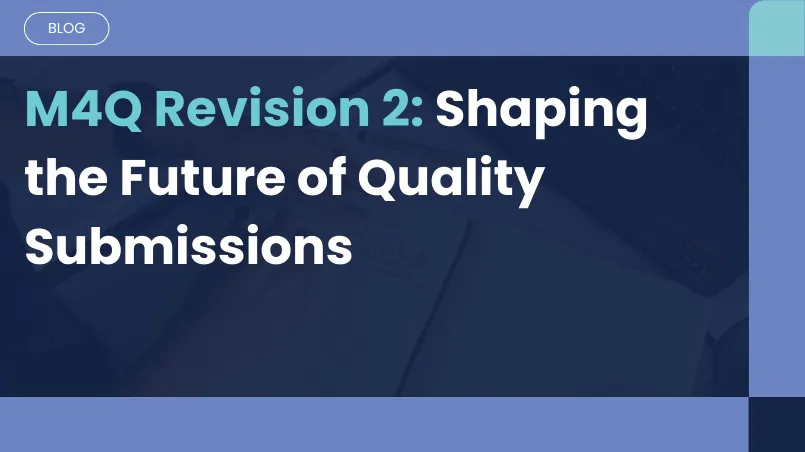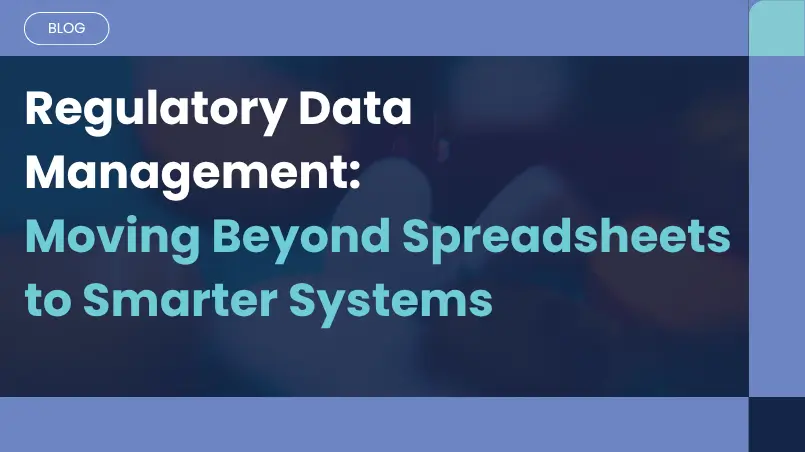EMA Upgrades xEVMPD Web Interface
The Windsor Framework: Minimally Impacted Procedures

16 Jun, 2025
This is the third, and last Windsor framework blog, concerning the procedural impact of the changes introduced under the Windsor Framework. If you missed the previous blogs, the first blog can be read here, and the second blog here.
Pharmacovigilance Adjustments
Although the Windsor Framework does not directly modify pharmacovigilance (PV) processes, it introduces regulatory nuances that companies must navigate:
- For Category 1 products, UK-specific PV requirements apply, meaning adverse drug reaction (ADR) reports go solely to MHRA.
- For Category 2 products, EU PV requirements remain applicable, and ADR reports must be submitted to both MHRA and EMA.
- Importantly, Individual Case Safety Reports (ICSRs) will need to be submitted to both agencies where relevant.
UK Qualified Persons for Pharmacovigilance (QPPV) roles remain unchanged, allowing them to be based in the EU, provided a UK national contact person (NCP) is designated.
Variations
The Windsor Framework does not directly affect variation procedures, but there are some implications for variation applications. This includes the following:
- Variations to centrally authorized products where the decision on the variation is made on or after January 1, 2025, will not apply to Northern Ireland because of the EU MA will no longer be valid in Northern Ireland from this date.
- The outcome of pending variations to GB MAs will apply UK-wide from January 1, 2025, when the GB-only license is automatically converted into a UK-wide license.
- UK-wide MAs granted through MRD/DCP where NI remains a CMS will be managed in line with MRP variation outcomes, unless the outcome is not acceptable to MHRA.
- Variations to NI-only MAs will be managed through the MRP.
- Any batch specific variation will be valid UK-wide for all products.
Pediatrics
Most of the UK requirements for pediatrics remain unchanged. You need to have an agreed or adopted UK-PIP (and relevant MHRA compliance checks), or a full product specific waiver or MHRA confirmation of a class waiver. This applies to all types of regulatory routes, e.g. direct national, Access, Project Orbis, International Recognition Procedure. When applying for an MA, the latest MHRA Decision documents (and MHRA compliance check outcomes, if applicable) must be included to ensure the validation of your regulatory submission. It is not possible to use pediatric plans from other regulators to validate a UK regulatory submission. For Category 2 products subject to pediatric requirements, an agreed EU PIP must also be in place, unless a waiver is granted. Available guidance on the procedures, format and content, and submission, processing and assessment of UK PIPs has been updated to align with the changes introduced by the Windsor Framework.
Summary of Regulatory Areas with Minimal Changes
The Windsor Framework significantly streamlines medicine regulation in Northern Ireland, by simplifying pharmacovigilance, pediatric and variation processes. However, compliance with the new requirements as of January 2025 is crucial.
A comprehensive overview of the Windsor Framework and a concise summary of all three blogs are provided in the table below.
Table 1: Regulatory Compliance overview
| Regulatory Compliance Area | Category 1 Products | Category 2 Products |
|---|---|---|
| Pharmacovigilance | UK requirements only | UK and EU requirements as applicable |
| Location of Qualified Person for Pharmacovigilance (QPPV) | UK or EEA | UK or EEA |
| Territory where applicant for marketing authorization must be established | UK or EEA | UK or EEA |
| Reference Medicinal Products (RMP) | RMP must have a UK MA. Data and Market Exclusivity period starts on date of UK/GB authorization; or original EU authorization for converted EU MAs. | RMP must have a UK MA. Data and Market Exclusivity period starts on date of UK/GB authorization including for cases authorized through EU mutual recognition or decentralized procedures. |
| Comparator products for bioequivalence or therapeutic testing | UK product or supported by data in UK guidance on comparator products | UK product or supported by data in UK guidance on comparator products |
| Requirement to add UK only label on packaging | Requirement applies | Requirement applies |
| Falsified Medicines Directive (for applicable products) | EU requirements disapplied | EU requirements disapplied |
| Pediatric Requirements | UK requirements apply | UK and EU requirements apply |
| Orphan designation and Rewards | UK regulations apply | Not applicable |
| Good Manufacturing Practice (GMP) | The Good Manufacturing Practice Directive has not been altered by the Windsor Framework. EU GMP applies in respect of Northern Ireland; and the EU GMP, modified by Schedule 2A of the Human Medicines Regulations applies in respect of Great Britain. | The Good Manufacturing Practice Directive has not been altered by the Windsor Framework. EU GMP applies in respect of Northern Ireland; and the EU GMP, modified by Schedule 2A of the Human Medicines Regulations applies in respect of Great Britain. |
| Location of Qualified Person (QP) – batch certification | The responsibilities of the QP (and RPi) are not altered by the Windsor Framework. | The responsibilities of the QP (and RPi) are not altered by the Windsor Framework. |
| Pharmacopeial standards | Compliance with Pharmacopeial standards has not been altered by the Windsor Framework. European Pharmacopeia and British Pharmacopeia standards apply. | Compliance with Pharmacopeial standards has not been altered by the Windsor Framework. European Pharmacopeia and British Pharmacopeia standards apply. |
For detailed guidance, visit the official MHRA Windsor Framework collection: MHRA Windsor Framework Guidance.
Celegence helps life sciences organizations align with evolving UK requirements in pharmacovigilance, pediatric submissions, and variation management. Contact us at info@celegence.com to learn how our regulatory experts can assist your team.
Other Related Articles
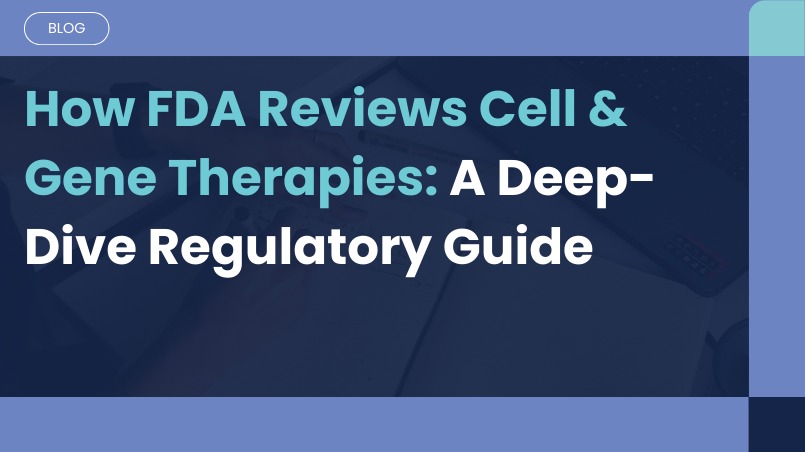
06 Feb, 2026

16 Dec, 2025
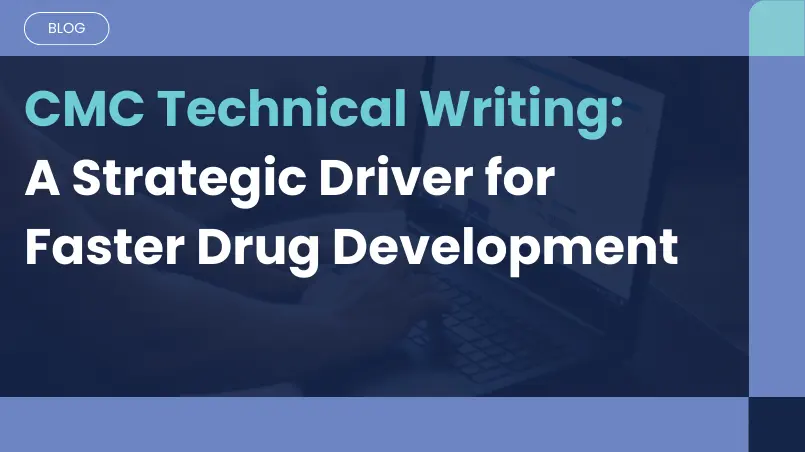
02 Dec, 2025

11 Nov, 2025

